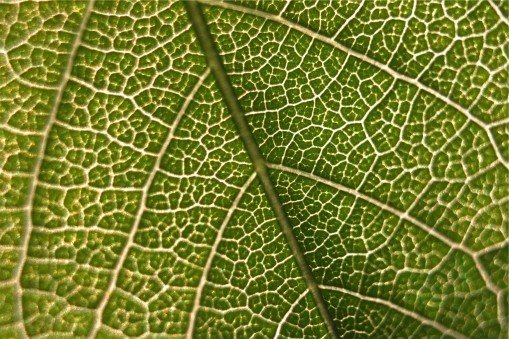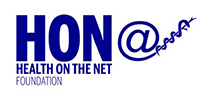Your body is home to more than 60,000 miles of arteries, veins, capillaries, venules, and arterioles. There are 7 major veins that carry blood throughout your body. Vein health should be something everyone is mindful of, and not only for cosmetic reasons.
While there is no surefire way to avoid varicose veins and other venous diseases, there are some foods that will benefit your circulatory system as a whole. Healthy veins reduce your risk of vein-related diseases ranging from life-threatening complications such as pulmonary embolism and deep vein thrombosis to chronic disorders and cosmetic issues like varicose veins.
The following foods can actually reinforce and reduce pressure in your veins while keeping symptoms from worsening:
- Foods are rich in Vitamin E, such as nuts, seeds, and wheat. Vitamin E is the umbrella term for a group of fat-soluble, antioxidant-rich compounds. Antioxidants fend off free radicals, molecules that threaten the well-being of cells.
- Dark leafy greens and other vegetables, which have high amounts of Vitamin K. This includes kale, spinach, broccoli, and asparagus. Vitamin K is needed for the activity of an enzyme that is critical for controlling blood clotting.
- Fiber, fiber, fiber. But be sure to increase your intake of water as well to avoid constipation. Constipation puts undue pressure on the vascular system, and can actually make vein problems worse.
- Colorful berries. They are high in bioflavonoids, which are natural compounds that work with Vitamin C to help strengthen your blood vessels. Blueberries are great because they contain antioxidants that reinforce your veins.
- Fruits high in Vitamin C, like oranges and grapefruits. The white membrane part under the peel is where you will find the highest concentration of bioflavonoids, so don’t pick it all off! Avocados are high in both Vitamin C and E, making them a great choice for vein health. Want other delicious options? Try melons and papayas.
- Foods containing Rutin, which is also a bioflavonoid. Rutin reduces the fragility and permeability of capillaries, which reduces your risk of varicose veins. This includes foods such as buckwheat, apples (especially the skin), cherries, grapes, blackberries, and apricots.
Healthy changes to your diet can help your overall health as well as reduce your risk of worsening symptoms of venous disease. For a one-on-one visit with our vein specialists to discuss your individual condition, please call Austin Vein Specialists at (512) 220-5401 or contact us here.



